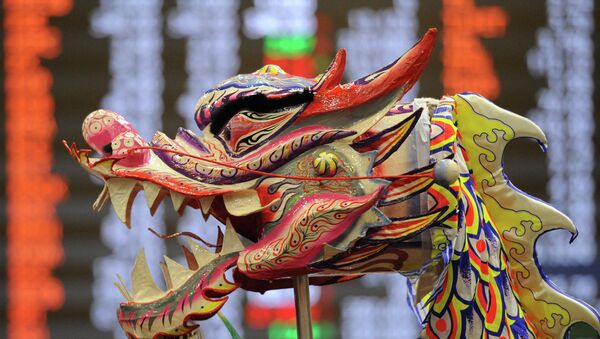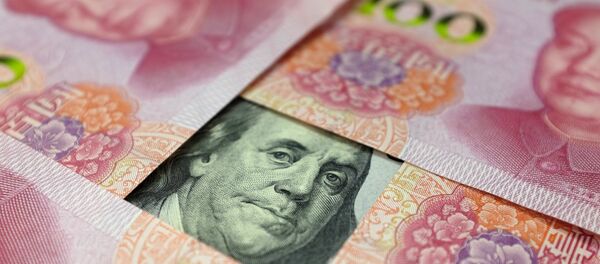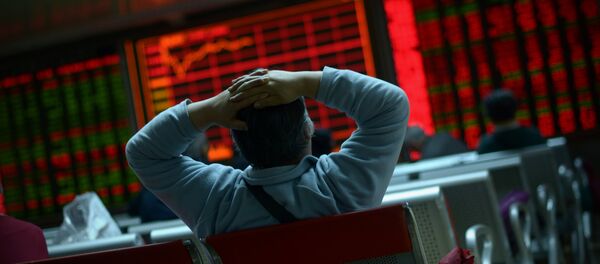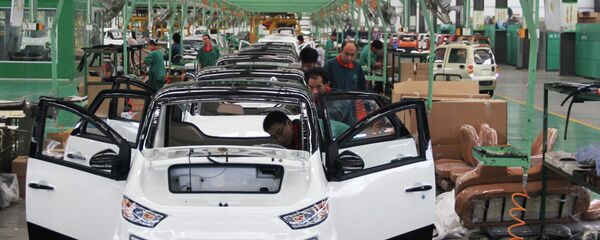The statistics recently revealed by Beijing’s statistical office confirm the meltdown in the real economy, industrial production and real estate.
“And because recent government efforts to stabilize financial markets have failed and past government stimulus programs have encouraged a tremendous build up in private debt outstanding, forecasts of a Chinese collapse have multiplied,” he further adds.
“Now consensus thinking characterizes that once seemingly unstoppable power as a risk to itself and to the global economy,” the author suggests, referring to the recent fears of China overtaking the US economy as the world’s largest
However the expert explains that the resulting slowdown in growth was inevitable and is hardly the sign of ill economic health, as “consensus thinking seems to claim.”
The county’s impressive initial gains, he says, in large part reflected the leverage many countries enjoy when they first begin to redeploy their economic effort from agriculture to industry.
Almost three-quarters of China’s output came from agriculture, when it began to industrialize in the early 1980’s. Some 70 percent of its workforce toiled on the farm, albeit not very productively.
These workers became much more effective as they redeployed to export industries and as industrialization mechanized the efforts of those remaining on the farm, they also became more productive.
This facilitated the initial economic boom. The country’s leadership however predicted that such a rise, mainly due to the increase of China’s exports, would be unsustainable.
“Beijing decided then that the economy had to broaden its base, focus relatively less on exports and investments in exporting industries and more on domestic engines of growth, consumption, the development of service industries, and associated investments. It was well aware that the process would slow the pace of overall economic growth,” he explains.
“China is suffering from the after effects of a real estate bubble that inflated during the early years of this decade. Easy credit conditions fostered by government policy inspired overbuilding, primarily of residential structures, and created a surge in private and provincial government debt.”
“This overbuilding and the associated questionable debt will have their ill effects. Companies will suffer bankruptcies. The need to work off the overhang of unused structures will retard the pace of economic growth,” Ezratisenior predicts.
It would be a mistake, however, to exaggerate these problems, he acknowledges. Westerners tend to draw parallels with their own real estate crisis of 2007-09, but the central government in Beijing has much less debt than Washington did during this country’s troubles and so is better able to backstop the financial system should the need arise.
“China’s real estate adjustment has proceeded now for at least eighteen months without much bankruptcy or panic outside the recent equity market retreat,” the expert says.
And if real estate problems were going to prompt a general collapse, it would have already happened a long time ago.







